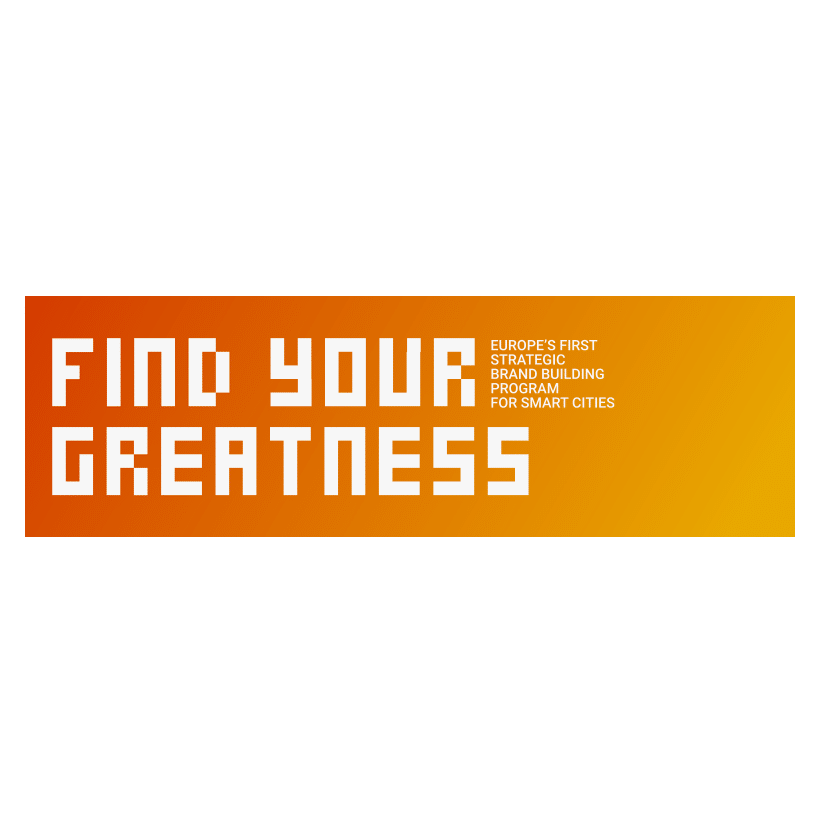News from our cities and networks
Edited on
22 December 2021Latest updates from URBACT’s cities and networks, ranging from maritime entrepreneurship to ‘culture for all’.
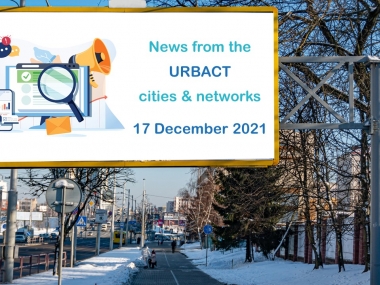
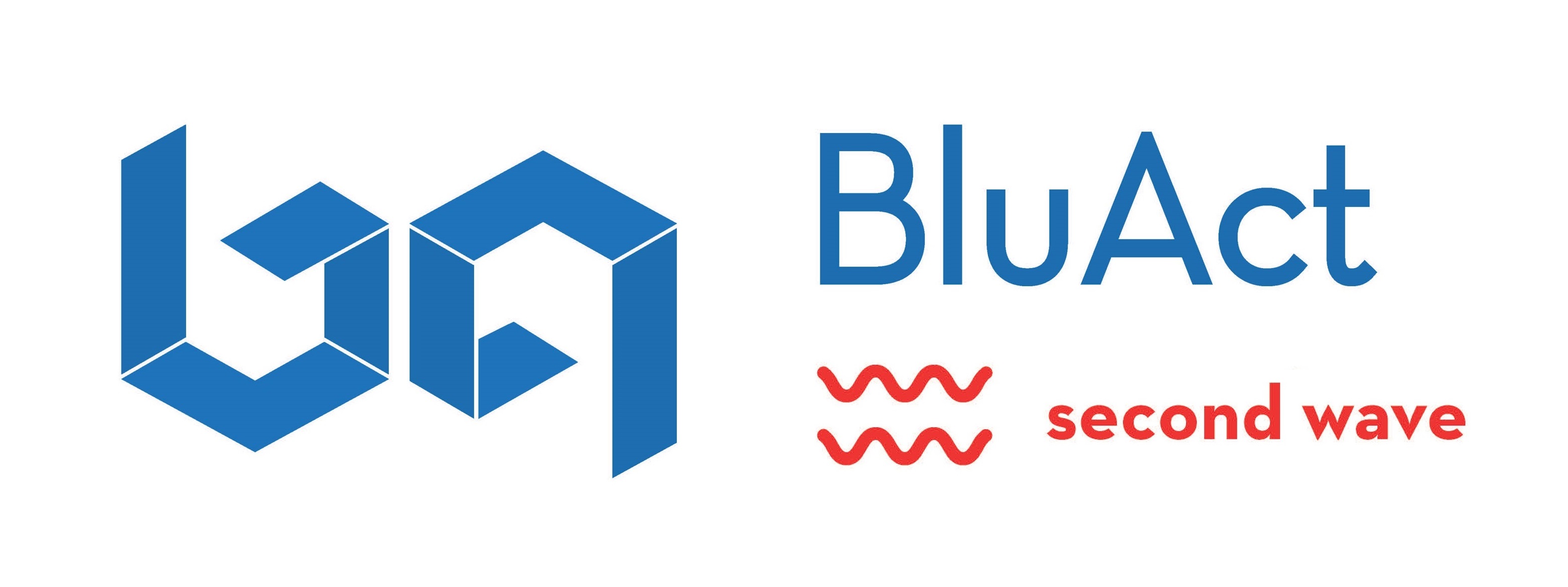 Meet the new BluAct, ‘starting up the blue economy’
Meet the new BluAct, ‘starting up the blue economy’
Port cities in Poland, France and Slovenia are set to learn from a Greek town in supporting their local ‘blue’ economy, and launch marine and maritime entrepreneurship competitions as a result. The new URBACT network’s first newsletter is already action-packed!
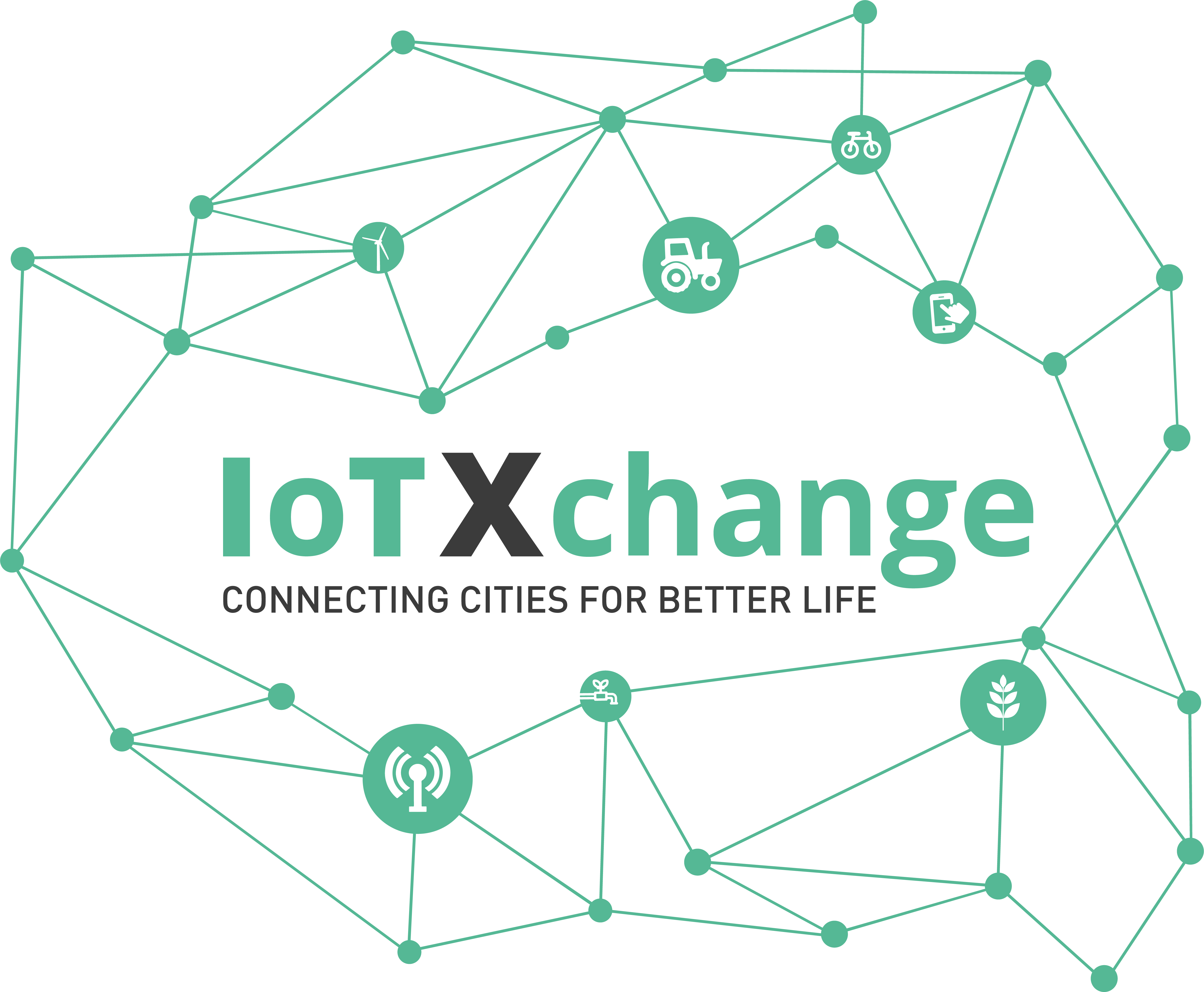 Tech case studies for small cities
Tech case studies for small cities
A broadband and infrastructure service provider set up by seven municipalities in rural Sweden; a ‘Municipal Operational Information Centre’ in the Latvian town of Jelgava. The IoTXchange network’s case studies show how technology and innovative business models can improve small cities.
Discover the Limerick Innovation Virtual Event, a public event showcasing the Irish town of Limerick as a Smart City – part of the City and County Council’s innovative smart city strategy. Experience shared by the Find your Greatness network.
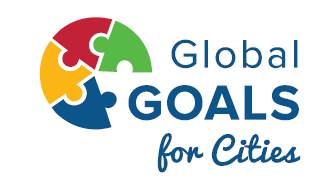 Sustainable Development Goal awareness
Sustainable Development Goal awareness
Great practical tips for organising an awareness-raising event, from Global Goals for Cities – a network that sees awareness raising as a central aspect of SDG localisaton. As they say, “this can be a useful resource for cities to come back to for inspiration!”
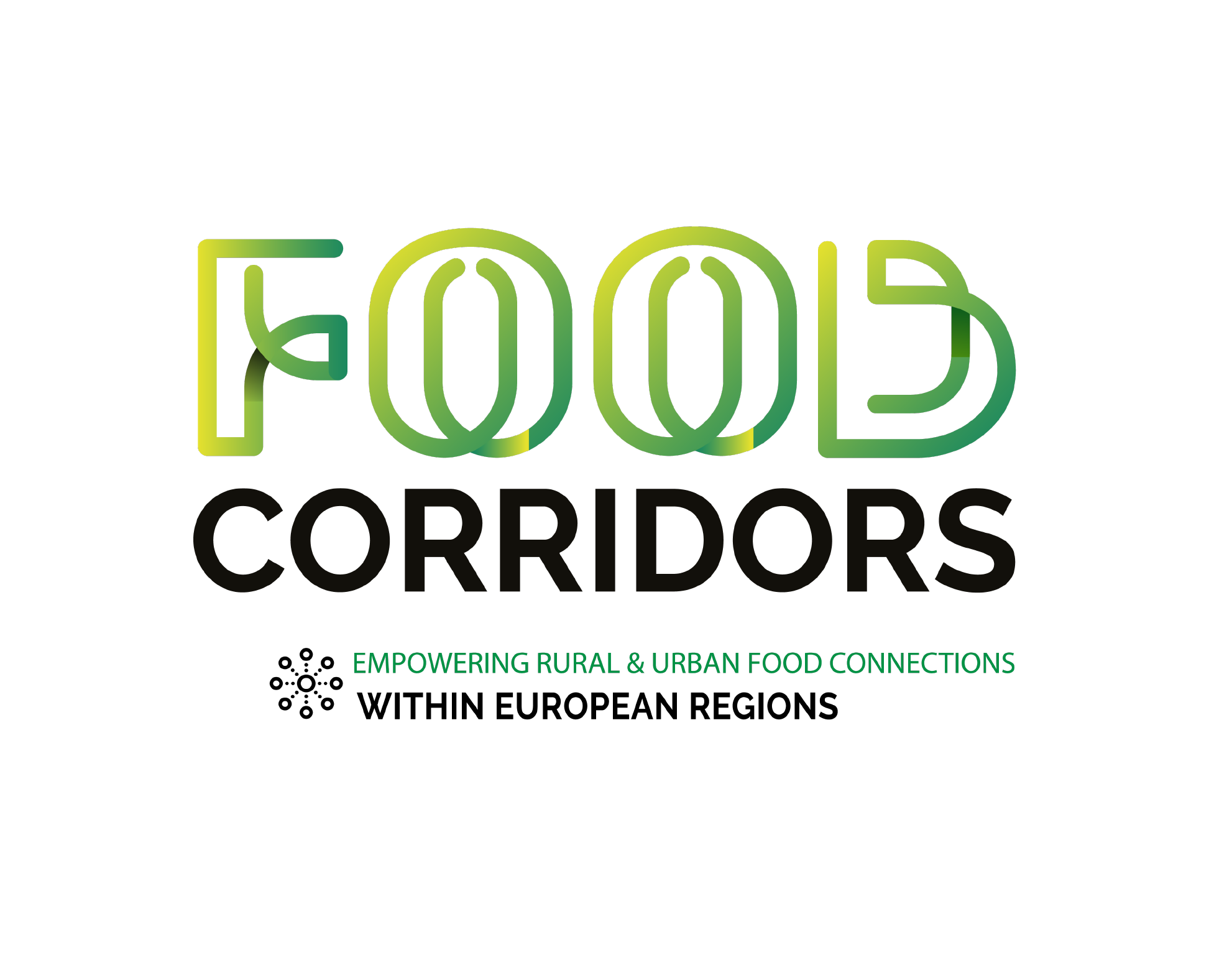 Evaluation of an URBACT network
Evaluation of an URBACT network
“Feeding a Cooperative Food Network in a Time of Pandemic” – the seven FOOD CORRIDORS partner cities look back on their URBACT work and relaunch a work plan for their final implementation stage up to August 2022.
 ACCESS tests local actions to promote ‘culture for all’
ACCESS tests local actions to promote ‘culture for all’
Browse these initiatives shared by network partners, including the URBACT Small Scale Actions (SSAs) their diverse local groups have been testing out…
- Lisbon (PT): SSAs in the Portuguese capital include a cultural proximity centre and research into the culture of the historic Sta Clara neighbourhood, including the stories residents tell.
- Dublin (IE): new models for cultural participation are explored in the Irish capital, with a focus on creating more “spontaneous opportunities to engage with culture”. Also see the Dublin Cultural Audit and Map research into people’s connections with their area and local cultural activities.
- Vilnius (LT): researchers study the social culture in local communities, factors limiting residents’ participation, support needed, and the hurdles to funding provision. Also check out the International Vilnius Cinema Festival, one of the world’s first virtual film festivals.
- Tallinn (EE) says “Understanding cultural diversity is crucial for us, as a community, to walk the same path, to be in the same room and share the same values.” Their local group applied this in a mainly Russian-speaking neighbourhood, with actions including a mobile library, new street art, and an open-air cooking event. Also, Tallinn decided to research national and local activities related to integration and investigate how to make local culture more accessible for non-Estonian speakers.
- Riga (LV) founds a Neighbourhoods Residents Centre bringing the city administration closer to residents – with five territorial customer service points, ‘one-stop-shops’ for municipal services.
- Amsterdam (NL) Cultural Participation Data Model is trialed, inspired by Rotterdam’s mapping of cultural audiences. Actions combine data and innovation, decentralisation, and cultural participation across the city. Also, research into Amsterdam’s bustling night culture reveals 1.5 million people visit the city for festivals, clubs and parties each year. And read Amsterdam’s short account of inventing, composing and building SSAs.
- Finally, London (UK) presents the ‘London Borough of Culture’ which celebrates one neighbourhood each year – with “special cultural Tube maps to show all the great events…”.
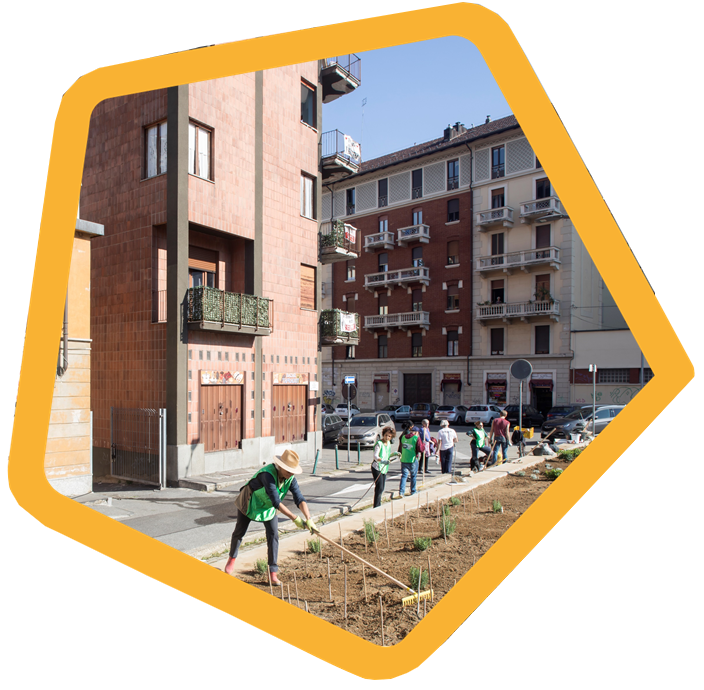
Read our publication for stories from cities understanding, adapting and re-using URBACT Good Practices: Good Practice Transfer – Why not in my City?
We hope you enjoy this URBACT city news round-up. If you have any news to share from URBACT cities, or ideas for more stories on sustainable urban development, get in touch!
URBACT promotes sustainable, integrated urban development, supporting exchange and learning between EU towns and cities. Since its launch URBACT III has enabled the creation of 83 networks involving 454 cities from 28 countries. Almost half of these cities have populations of under 100 000. Ongoing projects include Action Planning Networks, Transfer Networks, and National Practice Transfer Initiatives. Meanwhile, five networks are transferring urban solutions from UIA projects, and another is localising the Sustainable Development Goals.
 Submitted by Amy Labarrière on
Submitted by Amy Labarrière on

